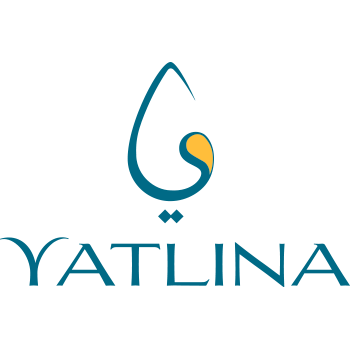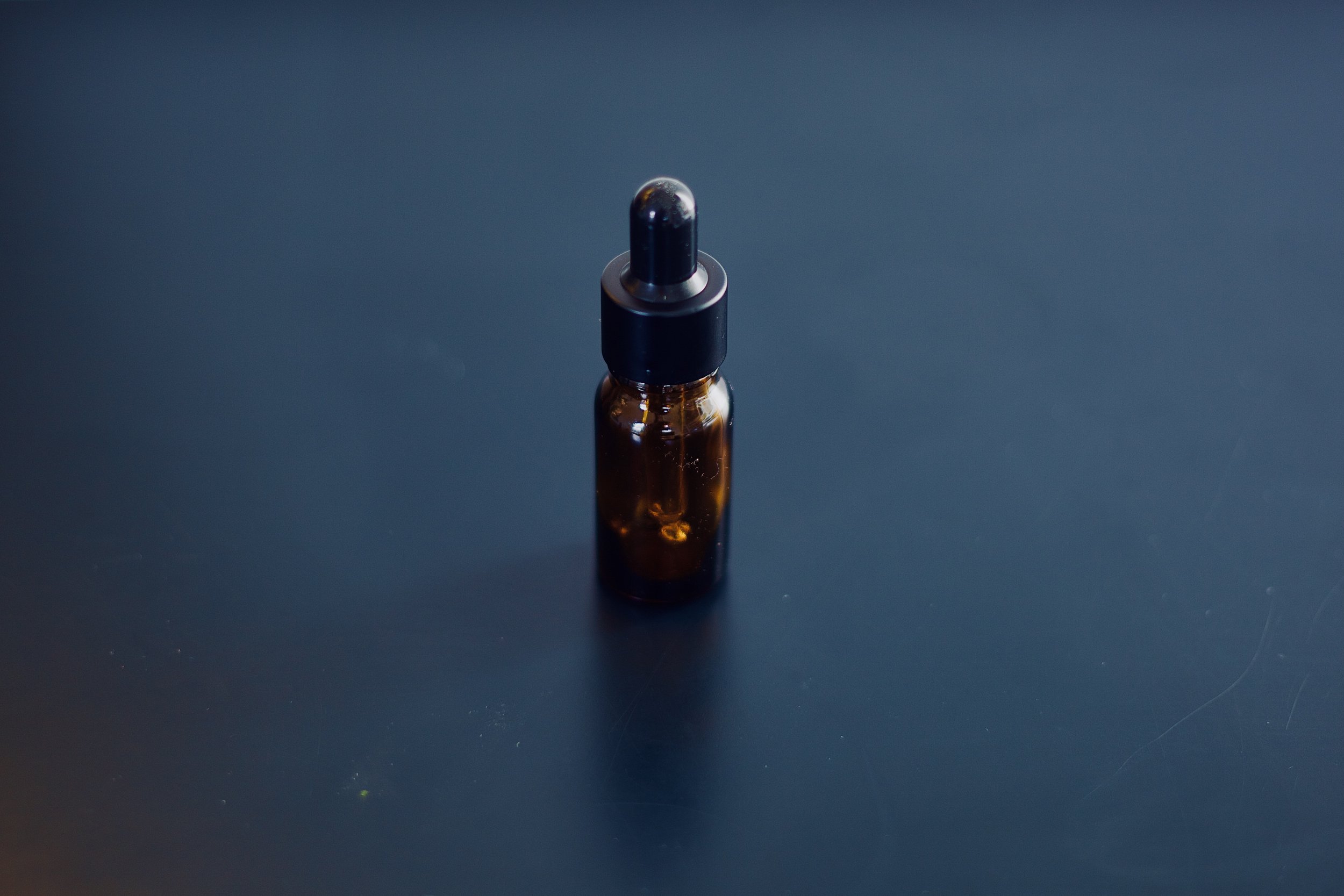What is a certified aromatherapist?
Natural is always clean and safe right?
Over the past few years, interest in complementary therapies, including aromatherapy, has increased mainly due to the rise of the "Clean beauty" movement.
Essential oil consumption has become almost mainstream, found in many products, from candles to lip balms. With this interest and lack of strict regulations, the reports of skin reactions have increased as well as more severe symptoms and, in a few unfortunate cases even death.
So how can you safely navigate the world of aromatherapy, and how can you choose a person or company to trust in all the noise?
“Natural does not give an automatic safe label to anything. Education and knowledge do.”
What is the role of certifications and education in aromatherapy
Essential oils are made up of hundreds of chemical components that interact with each other and the body once used in a product.
The journey to becoming a certified aromatherapist involves a good knowledge of chemistry to understand the various components that make up essential oils. It also involves a good understanding of anatomy and physiology. This study leads to understanding and predicting what effects and pathways an essential oil will take once it’s applied to the body through skin application, inhalation or diffusion. Part of the holistic aromatherapy approach combines all this knowledge with hands-on experience, which can be invaluable.
Why education is important to an aromatherapist
When it comes to aromatherapy, it's important to keep learning about new studies and applications to improve your knowledge in the field. The more you learn, the more helpful tips and tricks you'll have at your disposal to customize your approach for different situations.
On the other hand, some people just mix essential oils together without really understanding the potential risks. This can be dangerous because certain oils can cause harm if not used properly, depending on factors like age or health conditions. It's important to be informed and safe when using essential oils.
Regulating the practice of aromatherapy
Many groups around the world want to make sure that aromatherapy is recognized as a useful way to improve health in both personal and clinical settings. They see it as something that can be used alongside other treatments to help people feel better and deal with symptoms caused by illness or medication. These organisations make sure that research and studies about aromatherapy follow strict rules and guidelines, and they teach people how to use essential oils and other aromatherapy techniques safely. The goal is to help more people benefit from aromatherapy and understand how it can help them. They have a list of recognised schools and practioners that you can confidently browse knowing they have been pre-vetted and that they share the same passion and principles of safe practise.
Volountary Membership and its benefits and requirments
Part of their offer to a qualified aromatherapist is recognition of their study hours and continued education. You can not become a member of such organisations without showing proof of academic and practical work and a deep understanding of the principles that guide the holistic approach to wellbeing.
This voluntary membership ensures strict adherence to a code of conduct, continuing education, and standards surveillance. It gives clients peace of mind knowing they are in safe hands.
This approach might have been missing in the past, giving rise to individuals who knowingly or unknowingly give out harmful and sometimes dangerous advice under the guise of “natural “products that are safe to consume and use.
Aromatherapy as a complementary therapy
Conferences, seminars and workshops are held all over the world to bring together people who work with medicine and aromatherapy. They talk about what they know and what new things they've learned.
People are studying the different chemicals in essential oils and how they work. There might be some good ways to use them to help people with problems like dementia, mental health issues, pain, stress, and sleep problems.
Because of this work, doctors and other medical professionals are starting to take aromatherapy more seriously. If you see a registered aromatherapist, your doctor might even send you to them if they think it could help you.
Check out the Essence of Clinical Aromatherapy Event coming up in May 2023 where Yatlina is a Sponsor.
Caring for the sustainability of your ingredients
Due to the increase in demand for essential oils over the last few decades, environmental and sustainability issues have been at the forefront of many practitioners. Overusing essential oils with little to no knowledge of their origin or actual chemical composition can have a cumulative effect on the environment and, in some cases, a detrimental impact on the communities they support.
Many essential oils are readily available and have little impact on the environment they are taken from and manage to contribute to the economy of the local community.
However, other oils and plant materials take much longer to mature and, if harvested in an unsustainable way to meet unrealistic demands, can take decades to recover.
In some cases, this can push them onto the endangered species list, causing massive economic and environmental impacts on communities and countries they come from. As a certified aromatherapist, part of the education you receive is how and when to use such oils and if it is appropriate to use them at all. A proper education in the chemistry of each oil becomes invaluable in finding alternatives that can be therapeutically or aromatically similar without the environmental impact.
Want to find out more about some of the reputable Aromatherapy Organisations?
I am a member of the above organisations and serve as a UK representative to AIA as well as the board of directors for IFPA.
-
A-T-C was set up in 1995 by some of the leading industry leaders in the UK as a non-profit organisation. It ensures quality and high standards for companies selling aromatherapy products and oils. Members of voluntary membership agree to abide by a strict code of conduct, ensuring consumer safety and precise labelling requirements on products from a trustworthy source.
What the ATC stands for:
The responsible marketing of genuine aromatherapy products by specialist suppliers who share common concerns about the safety and quality of essential oils and aromatherapy products now available on the mass market.
Promoting consistent high standards of quality and safety in aromatherapy products to benefit consumer/public health.goes here
-
IFPA was set up as the largest aromatherapy-specific organisation in the United Kingdom to improve the standard of education and safe practice.
Members of the organisation range from the medical profession to alternative holistic practitioners. Eligibility to join the organisation based on approved education hours and practice. An anatomy and physiology course is also needed to gain membership successfully.
All professional members agree to abide by IFPA’s code of ethics and conduct. Continuing education is part of the membership.
As a member, you are expected to be up to date with your field’s latest research and innovations.
-
Aromatic Medicine Organisation
Airmid Institute is dedicated to the global education, research, and sustainable management of aromatic medicinal plants.
We aim to develop, implement, and support projects and education focused on facilitating knowledge-sharing about aromatic plant medicine among healers worldwide, ethical sourcing of plant extracts, sustainable harvesting methods and distillation, and on executing clinical research of novel aromatic oils/extracts.
We also help to protect and promote uses of traditional medicine in Indigenous communities.
-
A non-profit organisation founded in 2006 and based in the United States of America. AIA aims to increase awareness and education based on scientific-based research and traditional information.
Members of the organisation range from the medical profession to alternative holistic practitioners. Eligibility to join the organisation is based on approved training program education hours and practice. An anatomy and physiology course is also needed to gain membership successfully.
All professional members agree to abide by AIA’s code of ethics and conduct. Continuing education is part of the membership.
As a member, you are expected to be up to date with your field’s latest research and innovations.







